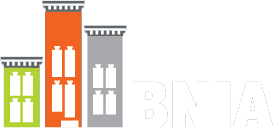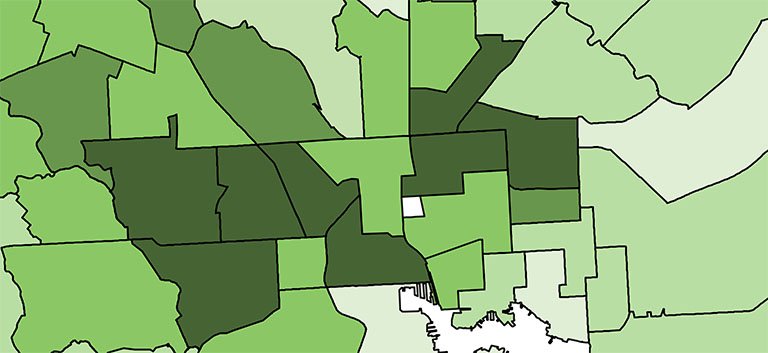Developed by BNIA-JFI in partnership with the Community Law Center and with support from the Abell Foundation, the Baltimore City Open Land Database (BOLD) is a new, interactive online data tool that helps communities track historical property-related information in Baltimore City. The tool encompasses a wide range of property data from citations to tax sales and foreclosures.
BOLD was developed to support tax sale reform efforts in Baltimore City. Every year in Baltimore, between 6,000 – 10,000 property liens are entered into the City’s annual tax sale due to nonpayment of property taxes or other municipal liens, including water bills. Some of these properties later end up in tax foreclosure, and there is evidence that tax lien sales and tax foreclosures play a role in neighborhood disinvestment and decline.
Before BOLD finding comprehensive information about a property in Baltimore City was a very time intensive process for residents and legal advocates, with complicated searches conducted on multiple web-based data sources. Information about multiple properties required hours of data gathering to get an overview of a neighborhood, examine the impact of a negligent owner, or to study the impact of a municipal procedure like tax sale or water billing.
BOLD was developed in an effort to streamline this data gathering process based on datasets that BNIA-JFI has been collecting for years. Users can now access data related to a single property or search for common property characteristics or events across a larger geographical scale, such as a neighborhood or Community Statistical Area using one website.
BOLD is currently in Beta form as some final coding is being done. The website will debut at this year’s Baltimore Data Day on July 13, 2018. To read more about this project and the development of BOLD, you can download the following report: Baltimore City Open Land Data (BOLD) Web Application
For more information on the BOLD project, visit https://bniajfi.org/currentprojects/baltimore-open-land-data/



